T4K3.news
Bank of England cuts interest rates to 4%
The Bank lowered rates amid concerns that food prices could push inflation to 4%.
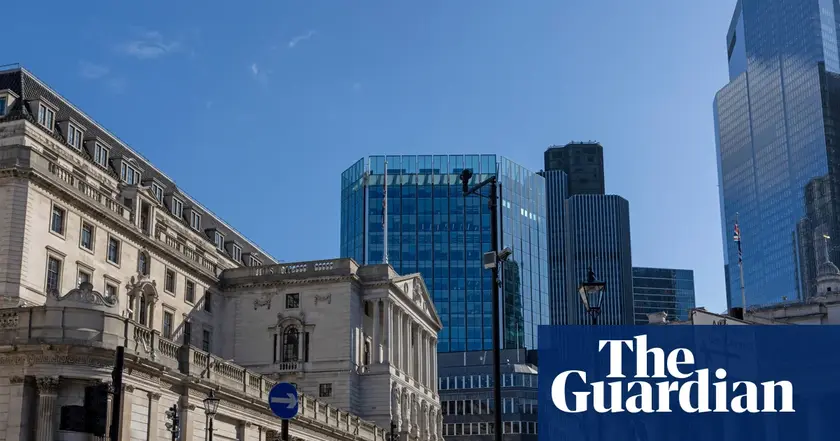
The Bank of England has reduced interest rates amid rising food prices and economic challenges.
Bank of England cuts interest rates amid inflationary pressures
The Bank of England has lowered its key interest rate by a quarter point to 4%. This decision comes as food prices continue to rise, which could push inflation to 4% by September. The monetary policy committee's vote was closely contested at 5-4, marking a significant moment in its 25-year history. Governor Andrew Bailey highlighted the need for careful future rate cuts given the ongoing economic uncertainties. The decision has been welcomed by the Chancellor, Rachel Reeves, who faces scrutiny over her economic management. However, critics blame recent tax increases for worsening the country's economic condition, as inflation pressures and rising unemployment remain concerns.
Key Takeaways
"We've cut interest rates today, but it was a finely balanced decision."
Governor Bailey reflects the careful approach the Bank is taking amidst uncertainty.
"The upside risks around medium-term inflationary pressures have moved slightly higher since May."
This statement indicates the committee's concern for future inflation risks, influencing their decision-making.
"Tax rises in Reeves’s first autumn budget have worsened Britain’s economic performance."
Critics argue that recent fiscal policies have aggravated the economic situation.
"Unemployment is creeping higher, while the economy shrank in April and May."
This differentiation between rising unemployment and economic contraction raises concerns about recovery.
The cut in interest rates by the Bank of England reflects a delicate balancing act in a struggling economy. While easing borrowing costs may help some consumers, the focus on rising food prices signals deeper issues within the economy. The debate among policymakers reveals tensions about managing inflation and stimulating growth. Observers will closely watch how the public reacts to Reeves's budget amid these economic challenges, as her decisions carry significant implications for future fiscal policy.
Highlights
- Interest rates are now on a downward path, but caution is essential.
- Rising food prices are a significant driver of inflation concerns.
- A cut in rates does not solve the underlying economic issues.
- The split decision highlights tensions within the Bank of England's leadership.
Potential economic backlash from interest rates and inflation
The Bank's decision to cut interest rates amidst rising inflation may lead to backlash against the government's fiscal policies, including tax increases.
As the economy grapples with inflation and growth challenges, all eyes will be on future policy moves and public reactions.
Enjoyed this? Let your friends know!
Related News
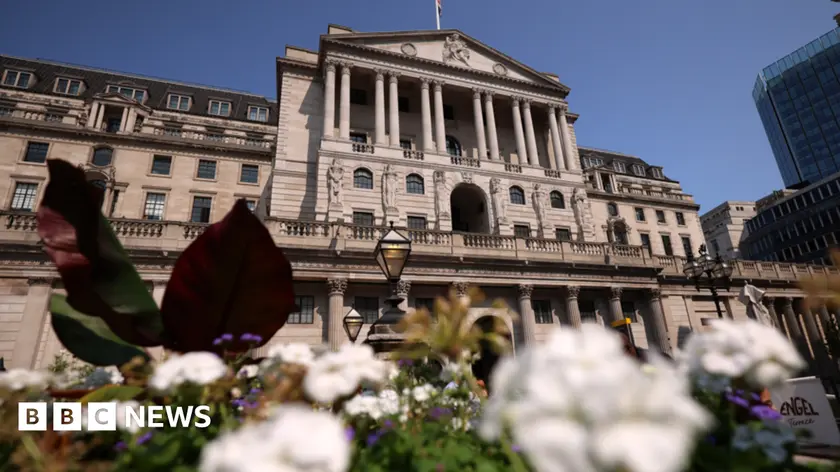
Bank of England to cut interest rates to 4%
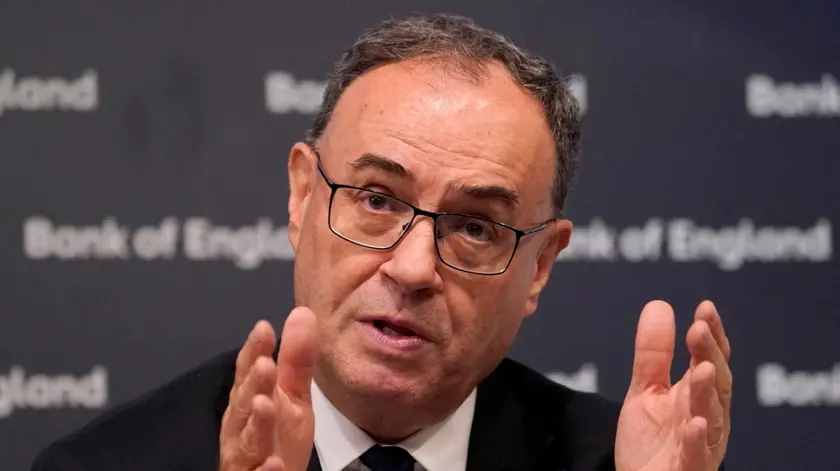
Bank of England lowers interest rates to 4 percent
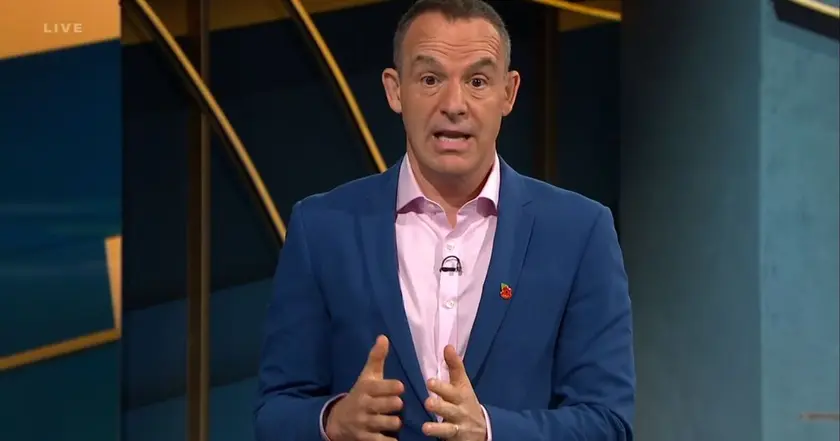
Martin Lewis urges savers to act following interest rate cut

Savings beat base rate today

Major banks urge customers to close accounts

UK interest rate reduced to 4 percent
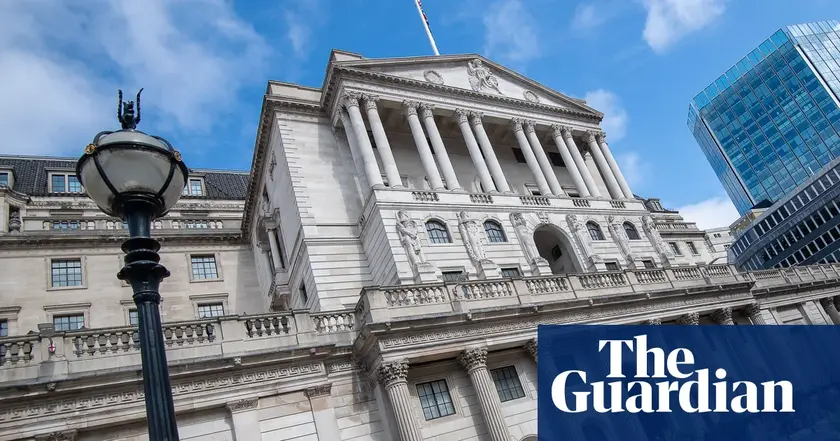
Bank of England expected to lower interest rates by 0.25%
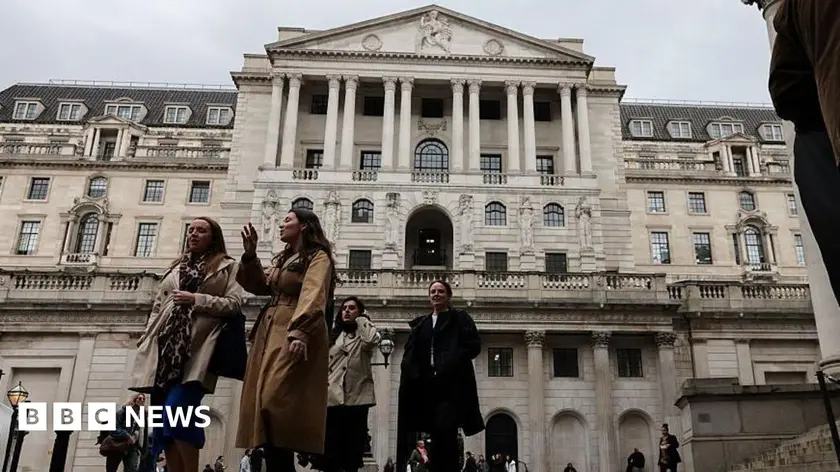
Inflation pressures Bank of England rate cut plans
